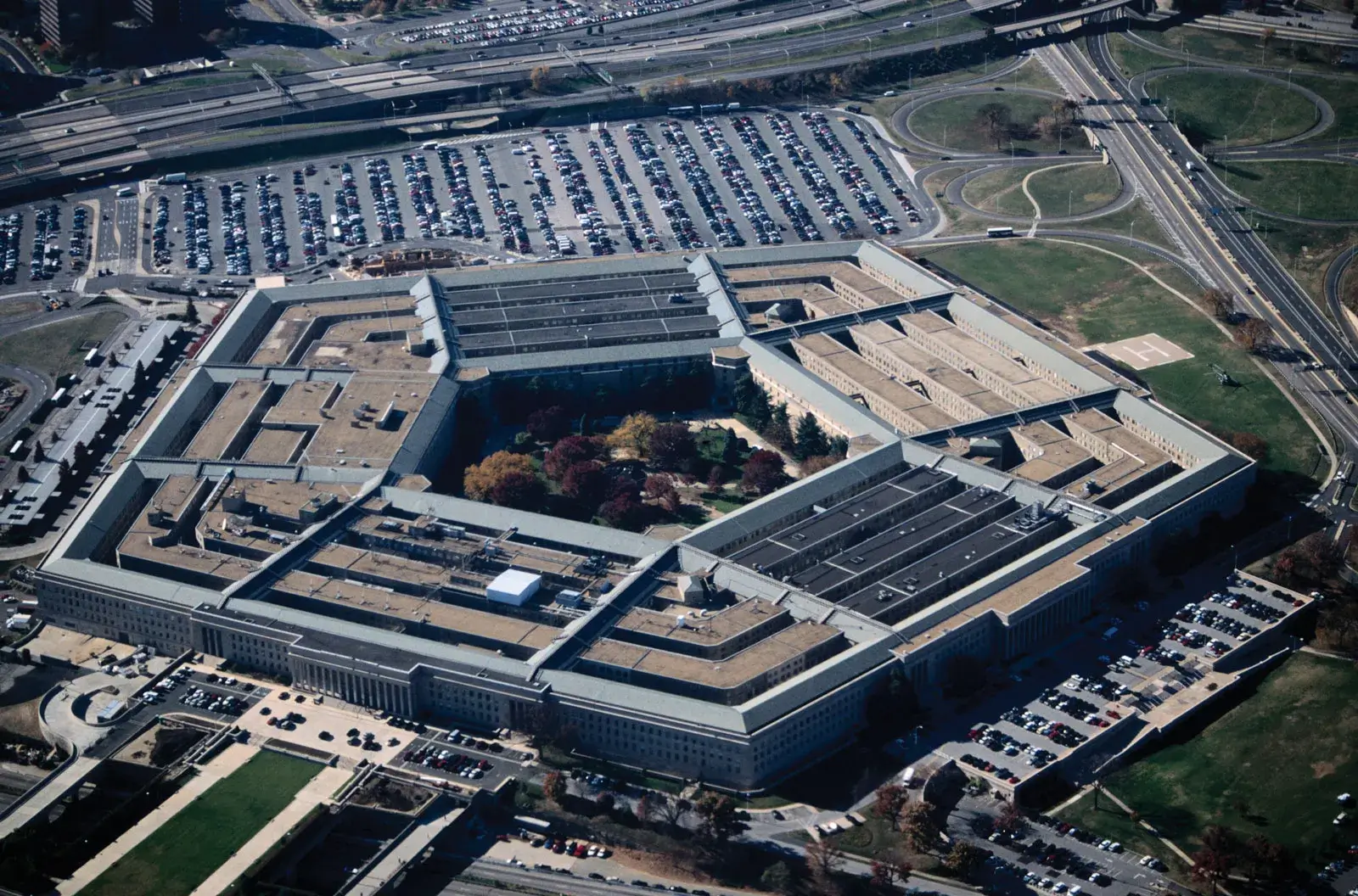Pentagon Admits $824 Billion in Missing Funds Amid Financial Chaos
17.11.2024 15:00 2 min. read Kosta Gushterov
The Pentagon’s latest financial audit has once again exposed significant mismanagement, with the Department of Defense (DoD) unable to account for $824 billion.
For the seventh consecutive year, the DoD failed to provide an accurate budget report, with only nine of its 25 divisions receiving clean audit opinions. The rest either had errors or couldn’t be verified due to poor financial records. The Pentagon’s inability to track billions in taxpayer money has led to widespread waste, including $220 billion worth of untracked spare parts.
Despite spending $4 billion to improve accounting practices, the DoD continues to mismanage funds, raising concerns about further budget increases. While the defense budget is expected to surpass $1 trillion by 2027, taxpayers are footing the bill, potentially affecting public services like education and healthcare. Public confidence in the economy has also faltered, with 60% of Americans rating it negatively, largely due to rising inflation and living costs.
Some experts suggest that blockchain technology could solve the Pentagon’s financial woes. By providing transparent, real-time tracking, blockchain could help the DoD better account for its spending and assets, ensuring more efficient use of funds.
However, implementing such a system would require overcoming resistance from those benefiting from the current lack of accountability. Meanwhile, the U.S. economy is growing, with a 2.8% GDP increase in Q3 2024, but inflation and wage stagnation continue to affect purchasing power.
-
1
U.S. PCE Inflation Rises for First Time Since February, Fed Rate Cut Likely Delayed
27.06.2025 18:00 1 min. read -
2
Key U.S. Economic Events to Watch Next Week
06.07.2025 19:00 2 min. read -
3
Gold Beats U.S. Stock Market Over 25 Years, Even With Dividends Included
13.07.2025 15:00 1 min. read -
4
U.S. Announces Sweeping New Tariffs on 30+ Countries
12.07.2025 16:30 2 min. read -
5
US Inflation Heats Up in June, Fueling Uncertainty Around Fed Cuts
15.07.2025 16:15 2 min. read
US Inflation Heats Up in June, Fueling Uncertainty Around Fed Cuts
U.S. inflation accelerated in June, dealing a potential setback to expectations of imminent Federal Reserve rate cuts.
Gold Beats U.S. Stock Market Over 25 Years, Even With Dividends Included
In a surprising long-term performance shift, gold has officially outpaced the U.S. stock market over the past 25 years—dividends included.
U.S. Announces Sweeping New Tariffs on 30+ Countries
The United States has rolled out a broad set of new import tariffs this week, targeting over 30 countries and economic blocs in a sharp escalation of its trade protection measures, according to list from WatcherGuru.
Key U.S. Economic Events to Watch Next Week
After a week of record-setting gains in U.S. markets, investors are shifting focus to a quieter yet crucial stretch of macroeconomic developments.
-
1
U.S. PCE Inflation Rises for First Time Since February, Fed Rate Cut Likely Delayed
27.06.2025 18:00 1 min. read -
2
Key U.S. Economic Events to Watch Next Week
06.07.2025 19:00 2 min. read -
3
Gold Beats U.S. Stock Market Over 25 Years, Even With Dividends Included
13.07.2025 15:00 1 min. read -
4
U.S. Announces Sweeping New Tariffs on 30+ Countries
12.07.2025 16:30 2 min. read -
5
US Inflation Heats Up in June, Fueling Uncertainty Around Fed Cuts
15.07.2025 16:15 2 min. read


